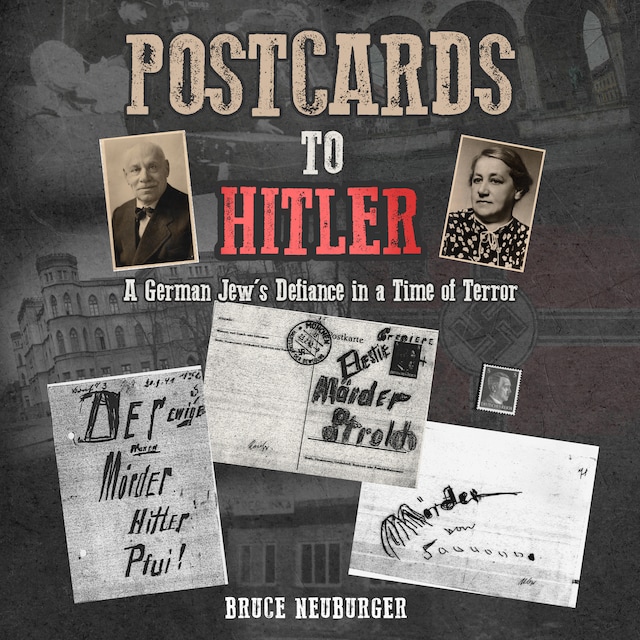
Postcards to Hitler
A German Jew’s Defiance in a Time of Terror


